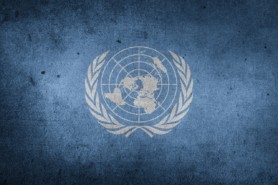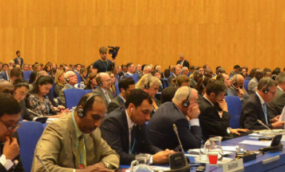Posted on 05 May 2015
This paper examines the current state of counternarcotics policies and policy reform debates in Mali and Guinea, two West African countries that in recent years have been significantly affected, to varying degrees, by drug trafficking. The increase in drug
trafficking faced by these countries has been part of a general trend in the region.
West Africa’s important role in the international drug trade—mainly as a point of transit for cocaine and heroin en route to Europe and North America, but now increasingly as a regional consumer—was most recently underlined by the United Nations (UN) Security Council in December 2013. The Council noted that drug trafficking and transnational organized crime “contribute to undermining the authority of states, their security and stability, governance, social and economic development, and the rule of law,” particularly
in the Sahel and West Africa. The sovereignty of states was at stake, the statement noted, and the Council reaffirmed its “strong commitment” to the territorial integrity, political independence, and general unity of the countries of that region.



